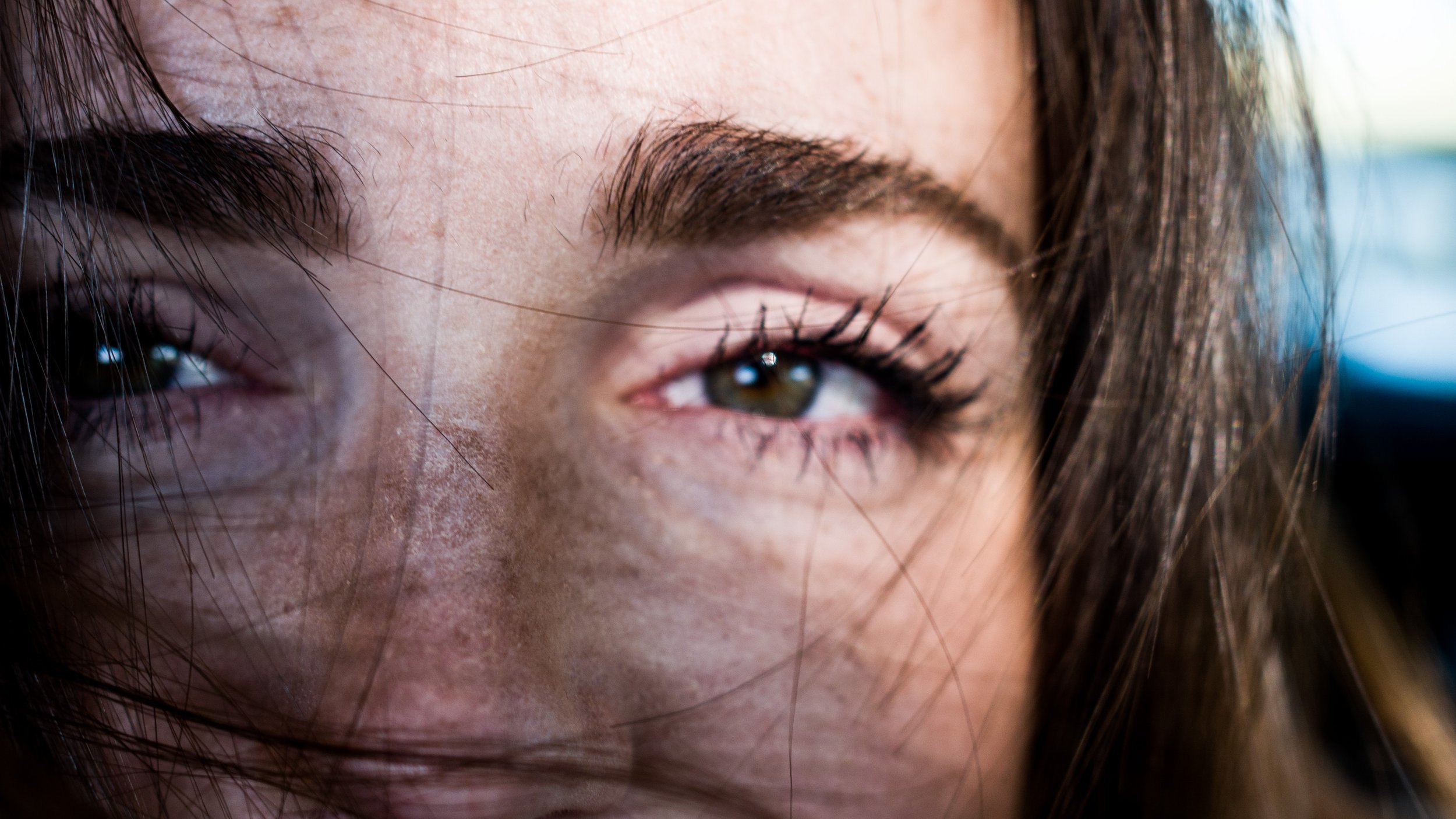Then you will need to add a face oil and or serum for every season of the year!
First let's talk about face oil and its ability to repair the skin's barrier during these warm months!
*By the way, I use the Dr. Lucy 2-in-1 Hydrating Serum everyday, twice a day and the Original Proprietary Blend Face Oil at least 2-3 times a week. Complete game changer for me.
Regulating sebum...
Face oils help to regulate sebum (oil production). Our skin wants to produce excess oil to protect and keep our skin hydrated because it gets so thirsty, during the warmer months. Therefore, adding face oil helps your skin and its desire for oil production.
"Also, there’s a huge difference between a facial oil and the natural sebum/oil that is produced by our skin. Facial oils are normally filled with nutrients, antioxidants and vitamins that fed your skin with really good stuff to keep it glowing, young and blemish-free. Excess oils that are produced by our skin to combat the Summer heat are what cause breakouts and black heads." says, Sarah Sayers a beauty blogger in Sydney, Australia
Face oils reduce water loss from the skin, as they act as a barrier to prevent water content of the skin from evaporating.
More lipids please!
If you are looking to repair your skin's surface barrier, then the more lipids in your face oil the better (jojoba is chocked-full of lipids).
“Jojoba oil works by not only blocking water loss from your skin, but it also helps to grab onto water from the environment and bring it into your skin,” he adds. “It’s both a humectant and emollient.” -Alok Vij, MD, Dermatologist, Cleveland Clinic
"Natural oil-containing products might be the best thing for those with oily and even acne-prone skin. “Acne medications often strip the natural barrier of the skin, which can lead to excess sebum production and clogged pores without proper hydration,” says Dr. Talakoub.
Help stop break-outs!
Adding a face oil helps to stop break outs and keep break-outs from starting. Face oils will protect your skin, keeping it from going into overdrive and producing too much of its own oil (sebum).
How to apply a face oil!
A face oil should be the last step in your skin care product application in the morning, but always before your skin screen, and the last step at night.
To start with, one to three drops on your finger tips is more than enough.
Apply by patting your face oil into your skin, don't rub.
If you are using a serum and moisturizer at night, face oil will be the last product to apply to seal it all in.
Benefits of a face serum!
Serums are packed full of vitamins, minerals and antioxidants, very little humectants, with very small molecules, so that the skin can absorb this magical elixir more quickly, evenly and deeply for ultimate skin benefits.
Can I use my moisturizer in place of a serum?
Serums do not contain the humectants that are in moisturizers for hydration and protection.
Think of a serum as the secret weapon for treating skin issues like discoloration, dullness, fine lines, or acne — and a moisturizer as the key to seal in your serum and maximize its benefits. hydrating and protecting your skin from the outside elements.
Face serum - high concentration of active ingredients...
"The beauty of a serum is that most of the fluid is eliminated, so what you're left with is a high concentration of active ingredients." - Ni'Kita Wilson, a cosmetic chemist and vice president of research and innovation at Englewood Lab.
“Often, a serum is able to hydrate more effectively than even the heaviest creams. The molecules are able to truly penetrate the skin and hydrate on the deepest level, while the heavier creams more so sit on those top layers. Hydrating serums do not necessarily replace your moisturizer, but can boost the hydrating effects of your moisturizer,” said celebrity esthetician Karee Hays.
Here's how to apply these lightweight elixirs for maximum effect.
1. After cleansing your face, apply a pea-sized amount of serum, patting it evenly over skin with your finger.
2.Next spritz on your toner! This allows deeper penetration for all those potent vitamins, minerals and antioxidants to do their very specific work.
3. You don't need to skip the moisturizer you love. Just pat on your serum first, so it isn't blocked from penetrating your skin.
4. Skin is best able to repair and regenerate itself at night so support your skin at night and you will see a dramatic difference during the day.
According to science the peak time for skin repair is between 9pm - midnight, this is due to our skin following a 24 hour cycle.
"Nighttime is prime time for repairing damage and for rebuilding cells and tissues – skin is no different." -Dr. Dennis Gross, Dermatology
Summing it all up!
Face oil and face serum both repair the skin in different ways. So instead of running from face oil and serum in the warmer months, run towards them!
Love and Blessings!
Rebecca





















